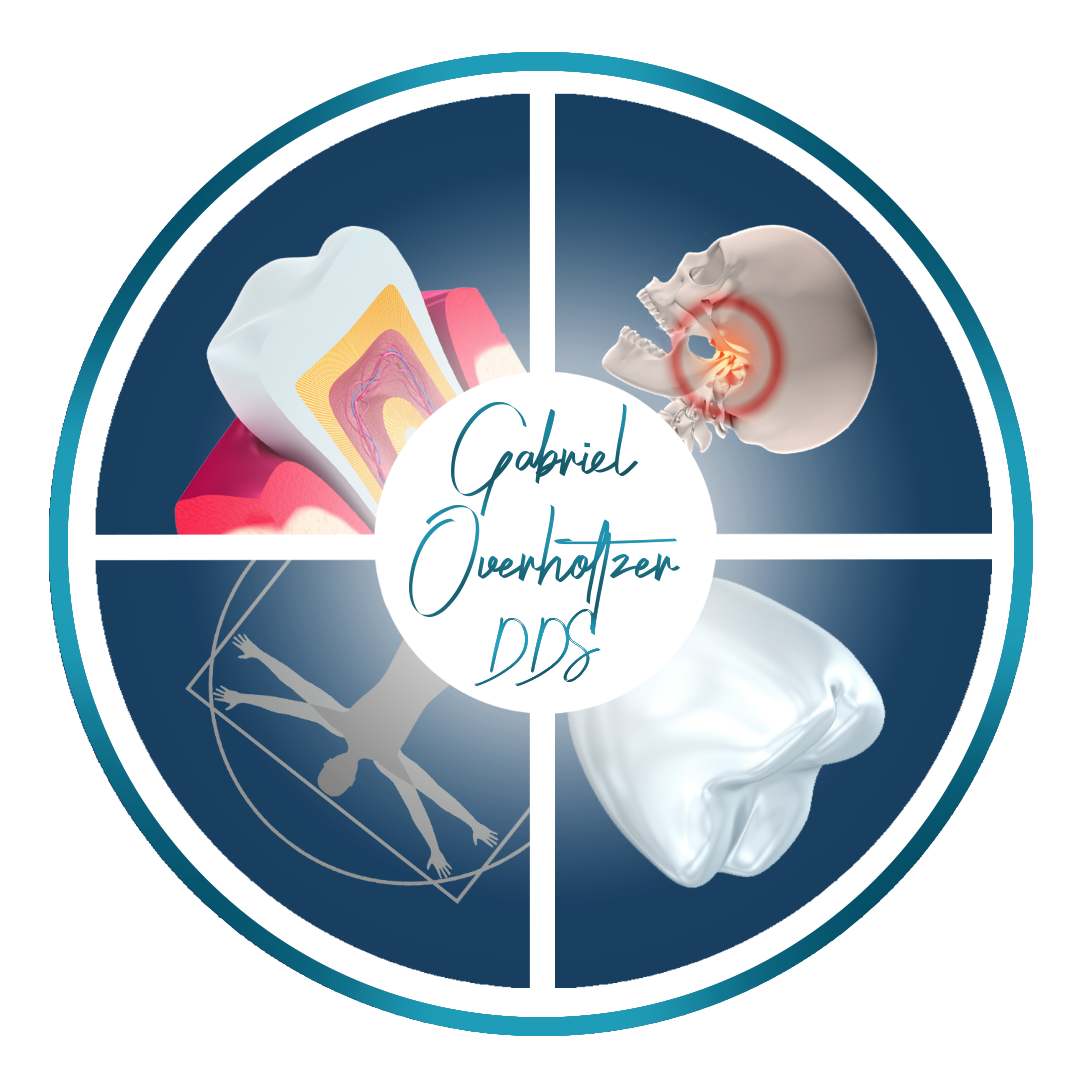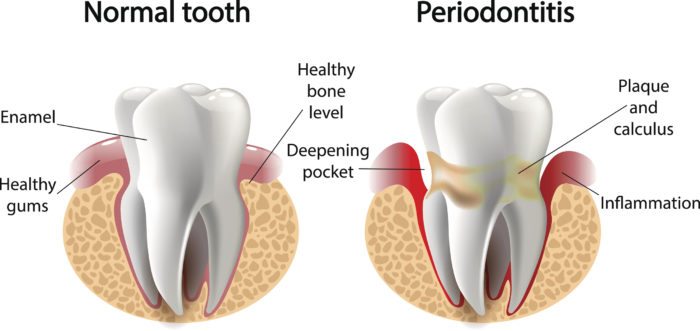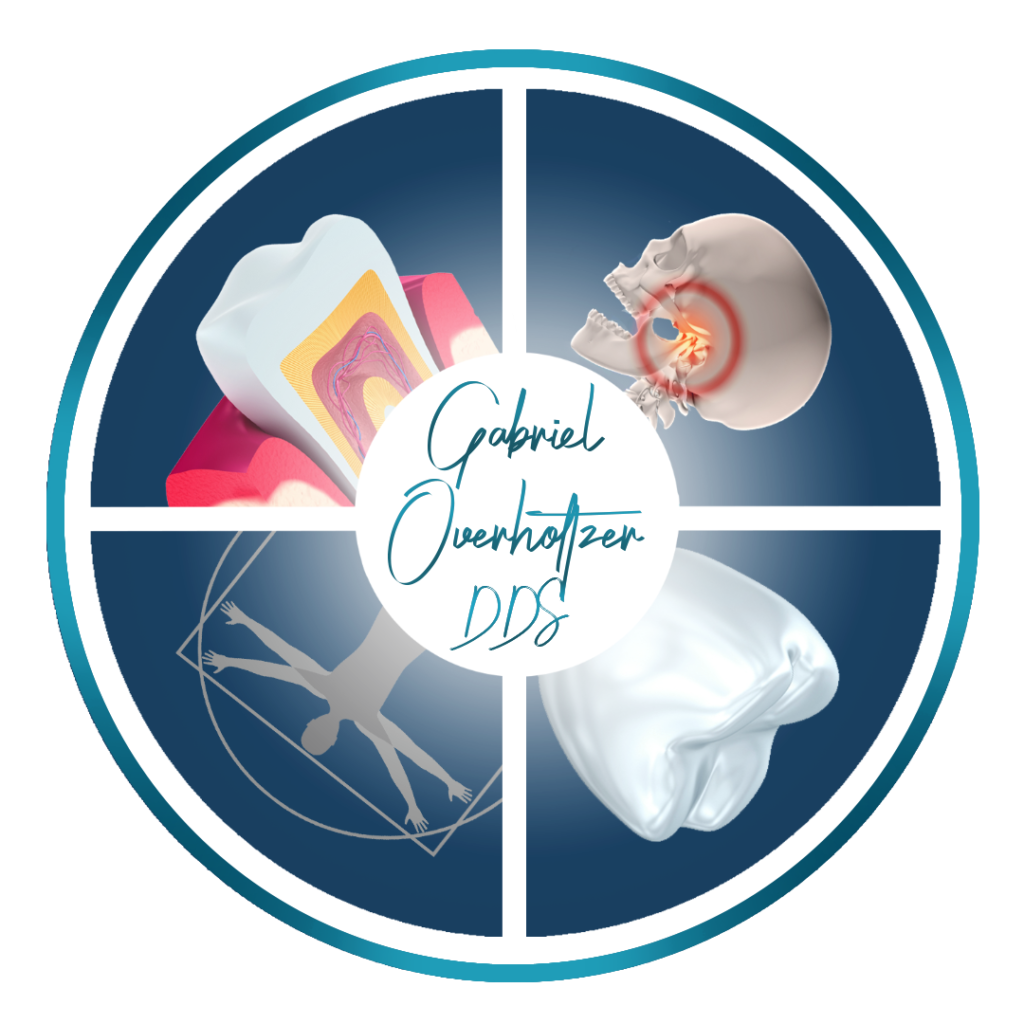BLEEDING GUMS TREATMENT
Bleeding gums may be an indication that you have gum disease. If you notice that your gums bleed on a regular basis be sure to schedule a dental health exam with your dentist right away. Diagnosing gum disease early on in development can protect you against a wide range of health complications.
Dr. Gabriel Overholtzer takes a comprehensive approach to preventing and controlling the spread of gum disease. Through the use of state of the art dental technology and comprehensive evaluation, Dr. Overholtzer offers patients personalized periodontal therapy to keep their teeth and gums healthy and viable.
WHY DO MY GUMS BLEED?
Gums that bleed during routine brushing and flossing are most likely infected with a bacterial infection known as gingivitis or gum disease. Bleeding gums are an early warning sign of the developing disease and should be diagnosed and treated promptly. Gum disease is common, affects patients of all ages and may be caused by several factors.
CAUSE OF GUM DISEASE:
- Avoiding routine dental cleanings
- Poor oral hygiene
- Genetics
- Pregnancy
- Hormonal changes
- Certain medical condition
WHAT ARE THE STAGES OF GUM DISEASE?
Periodontal disease is a progressive disease with two main stages. Catching gum disease early in development allows for more conservative treatment options. As gum disease progresses, gum surgery may be necessary to fully restore your oral health. Dr. Overholtzer offers a range of periodontal therapies and treatments to treat gum disease including scaling and root planing and restorative dental care.
STAGES OF GUM DISEASE
- Gingivitis: characterized by bleeding gums, red or swollen gums and general irritation of the gum tissue gingivitis can commonly be treated and controlled with a thorough dental cleaning and improved oral hygiene. Patients with gingivitis should consider visiting the dentist on a more frequent basis to monitor oral bacteria.
- Periodontitis: as the disease progress and bacteria spread symptoms increase in severity. Tooth sensitivity, receding gum line, tooth loss, and bone regression are all symptoms of Periodontitis.
Periodontal disease increases the risk of serious dental and systemic diseases. Treating gum disease and restoring the health of the smile affected by gum disease is essential for living a healthy life.
GUM DISEASE CAN INCREASE YOUR RISK OF:
- Tooth loss
- Facial sagging & bone loss
- Gum recession
- Shifting or loosing teeth
- Halitosis
- Bleeding or swelling of gums
- Heart attacks and strokes
- Cardiovascular disease
- Diabetes
HOW CAN I PREVENT GUM DISEASE?
Brushing your teeth twice a day and flossing at least once a day is essential for preventing the spread of bacteria. Routine oral hygiene prevents the buildup of plaque and tartar and helps to keep teeth and gums healthy.
Visiting the dentist once every six months helps control the spread of disease-causing bacteria. Patients who visit the dentist on a routine basis are less likely to experience the negative impacts of advanced gum disease. Dr. Overholtzer helps patients keep their teeth and gums clean with professional teeth cleanings and thoroughly periodontal screenings. He will also make personalized recommendations on how to brush and floss more effectively during your personal consultation.
SMILE
Schedule Your Dream SMILE
Office Hours
Monday: 8am – 5pm
Tuesday: 8am – 5pm
Wednesday: 8am – 5pm
Thursday: 8 am – 5pm
Friday: Closed
Saturday: Closed
Sunday: Closed






